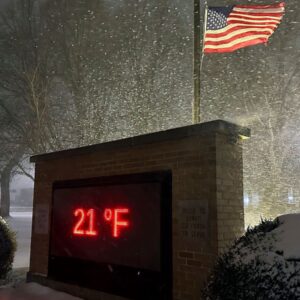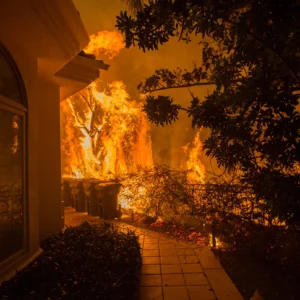Storms are a common occurrence in Massachusetts, often leaving a trail of destruction in their wake. One of the most significant impacts of these storms is the disruption of electricity supply, which can leave thousands of Massachusetts community residents without power for extended periods. This article aims to shed light on how these residents cope with electricity outages after storms, and the measures they take to ensure their safety and comfort during these challenging times.
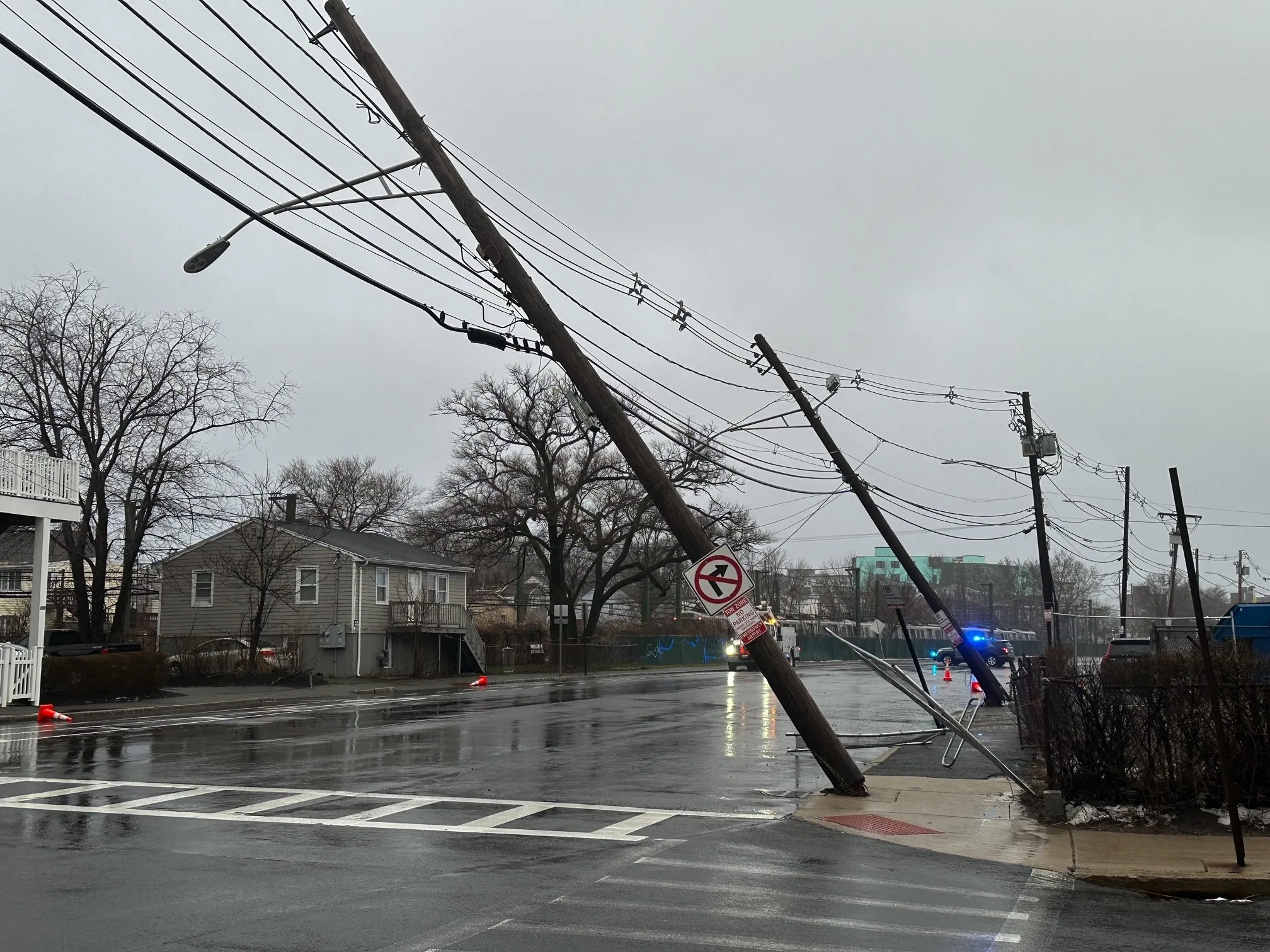
Storms Rage in Massachusetts Communities
The aftermath of a storm often presents a myriad of challenges for Massachusetts residents. The sudden loss of electricity can disrupt daily routines, making it difficult to carry out basic tasks such as cooking, cleaning, and even communicating with the outside world. However, the resilient spirit of these residents shines through as they adapt to these circumstances, finding innovative ways to navigate through the darkness.
One of the most common strategies employed by residents is the use of alternative sources of power. Generators, for instance, have become a staple in many households. These devices provide a temporary solution to power outages, allowing residents to continue with their daily activities with minimal disruption. However, the use of generators requires careful handling to avoid accidents, and residents are often advised to place them outdoors to prevent carbon monoxide poisoning.
In addition to generators, many residents have also turned to renewable energy sources such as solar power. Solar panels, once considered a luxury, have now become a necessity in many homes. These panels harness the power of the sun to generate electricity, providing a sustainable and reliable source of power during outages. Moreover, the use of solar power also contributes to the reduction of greenhouse gas emissions, making it an environmentally friendly option.
Another strategy that Massachusetts residents employ to cope with power outages is the use of energy-efficient appliances. These appliances consume less power, allowing residents to maximize the use of their generators or solar panels. Furthermore, energy-efficient appliances also help to reduce electricity bills, providing financial relief to residents.
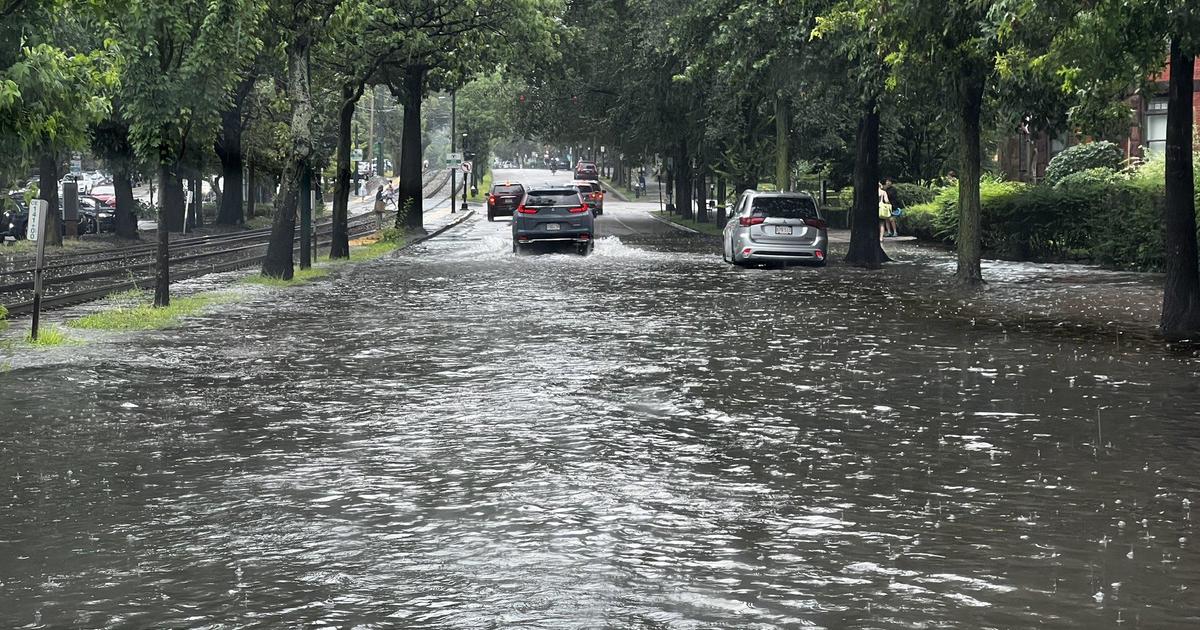
Community Resilience in the Face of Severe Weather
While these strategies help to mitigate the impact of power outages, it is equally important for residents to prepare for such events. This includes stocking up on essential supplies such as food, water, and medical supplies. Residents are also advised to have a battery-powered radio on hand to receive updates on the situation.
Communication during these times is crucial. Residents often band together, sharing information and resources to help each other through the crisis. This sense of community is a testament to the resilience and unity of Massachusetts residents, demonstrating their ability to overcome adversity.
In conclusion, coping with electricity outages after storms is a daunting task for many Massachusetts community residents. However, through the use of alternative power sources, energy-efficient appliances, and effective preparation, they are able to navigate through these challenging times. The resilience and unity displayed by these residents serve as a beacon of hope, showing that even in the face of adversity, the human spirit remains unbroken.
Important Life Saving Tips
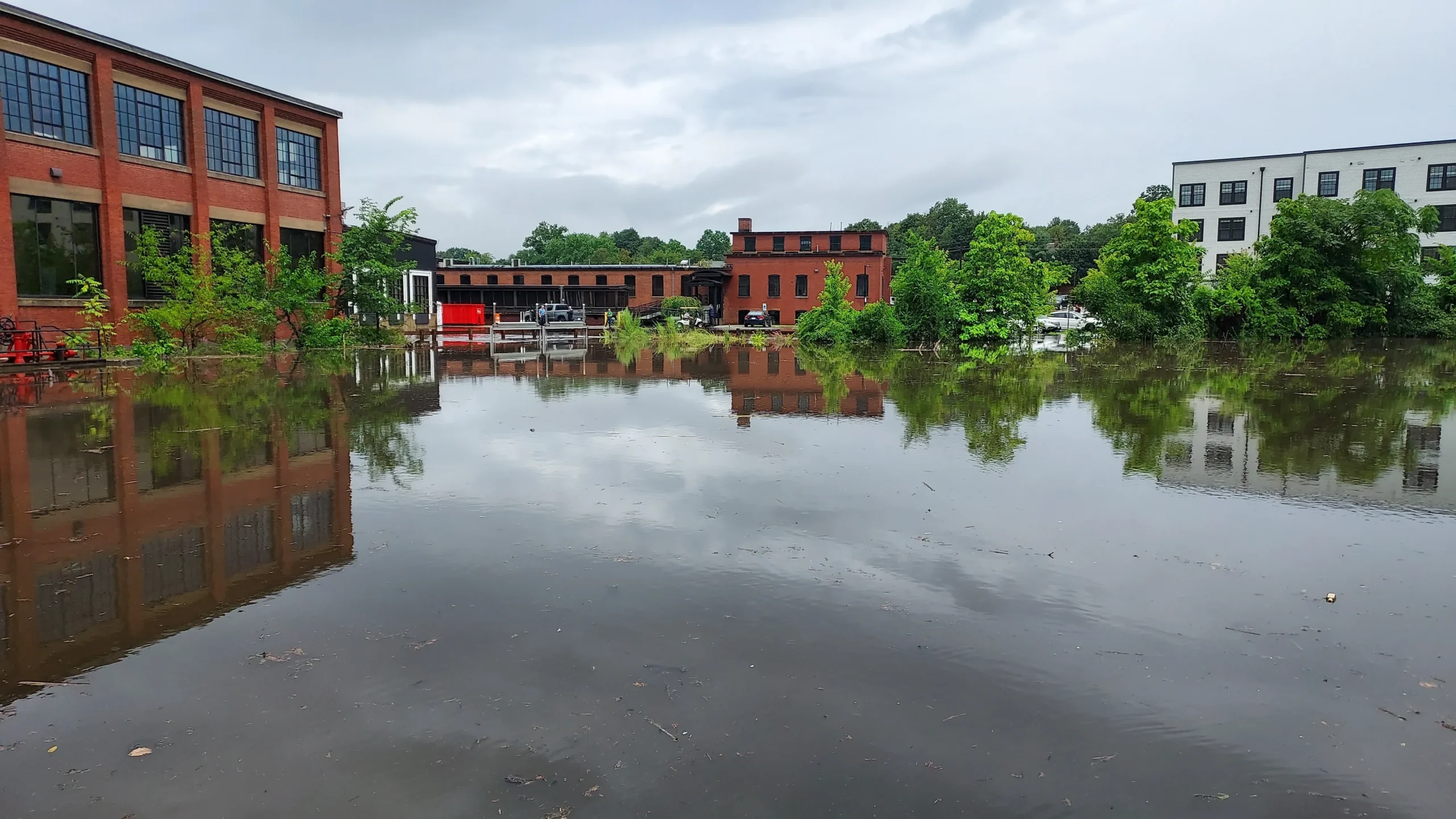
What should I include in a go-bag?
Your go-bag should include water, non-perishable food, medications, identification, cash, and essential supplies like a flashlight and first aid kit.
How do I prepare my home for flooding?
Elevate appliances, seal basement windows, and install sump pumps or flood barriers to minimize damage.
What are reliable sources for weather updates?
Apps like NOAA Weather, AccuWeather, and local news stations provide accurate and timely updates.
How can communities improve storm preparedness?
Communities can organize task forces, share resources, and conduct regular drills to ensure collective readiness.
What should I do immediately after a storm?
Check for safety hazards like downed power lines, document damages for insurance claims, and assist neighbors in need.


